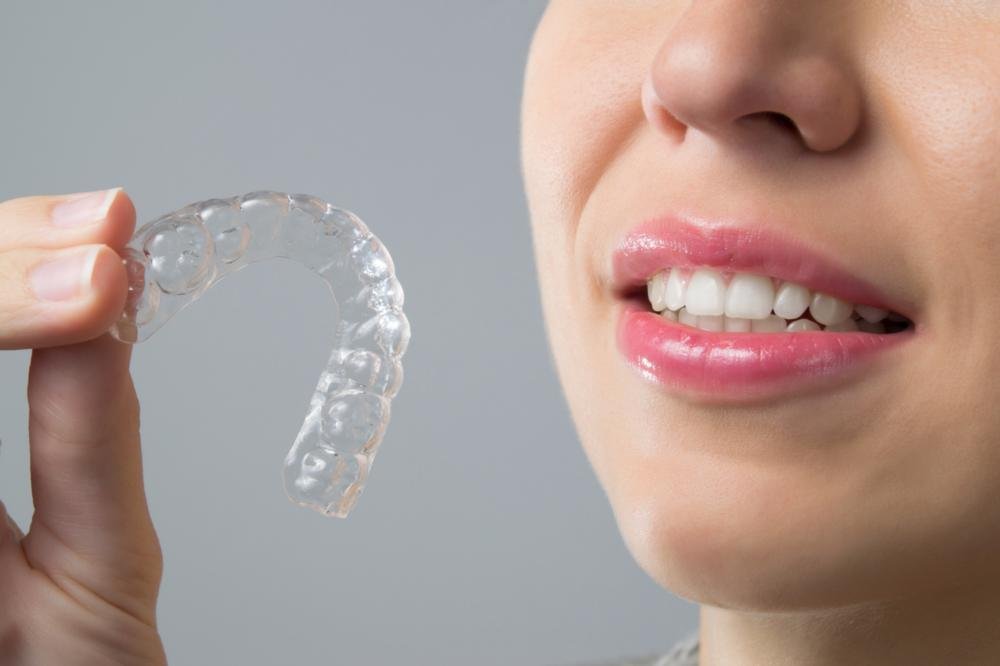What is Halitosis?
Bad breath, also known as halitosis, is a common condition that can affect anyone at any age.
While it’s often temporary, persistent bad breath can indicate an underlying dental or medical issue. Understanding the causes of halitosis and how to treat it can help you maintain fresh breath and boost your confidence.
Causes of Halitosis
Halitosis can be caused by several factors, including:
Poor Oral Hygiene: Inadequate brushing and flossing can lead to a buildup of food particles, bacteria, and plaque, all of which contribute to bad breath.
Diet: Strong-smelling foods like garlic, onions, and spices can cause temporary bad breath. Sugary foods and drinks can also promote bacterial growth in the mouth, leading to halitosis.
Dry Mouth: Saliva helps cleanse your mouth by washing away food particles and bacteria. A dry mouth, which can be caused by certain medications, dehydration, or mouth breathing, can result in bad breath.
Gum Disease: Persistent bad breath can be a sign of gum disease, a serious condition that occurs when plaque builds up on the teeth and gums, leading to inflammation and infection.
Medical Conditions: Some medical conditions, such as sinus infections, respiratory infections, diabetes, and gastrointestinal issues, can cause halitosis.
Tobacco Products: Smoking and using other tobacco products can contribute to bad breath, as well as increase the risk of gum disease and oral cancer.
Preventing Halitosis
Maintaining good oral hygiene and addressing any underlying health issues are key to preventing and treating bad breath. Here are some steps you can take:
Brush and Floss Regularly: Brush your teeth at least twice a day with fluoride toothpaste and floss daily to remove food particles and plaque. Don’t forget to brush your tongue, where bacteria can also accumulate.
Stay Hydrated: Drink plenty of water throughout the day to keep your mouth moist and help wash away food particles and bacteria.
Use Mouthwash: An antibacterial mouthwash can help reduce bacteria and freshen your breath. However, it’s important to use it as a supplement to brushing and flossing, not a replacement.
Watch Your Diet: Limit foods and drinks that can cause bad breath, and opt for a balanced diet rich in fruits and vegetables. Chewing sugar-free gum can also stimulate saliva production and help keep your mouth clean.
Quit Tobacco: If you smoke or use tobacco products, quitting can improve your breath and overall oral health.
Visit Your Dentist Regularly: Regular dental check-ups and cleanings are essential for preventing and treating halitosis. Your dentist can identify and address any oral health issues that may be contributing to bad breath.
When to See a Dentist
If you have persistent bad breath despite maintaining good oral hygiene, it’s important to see your dentist. They can help identify the cause and recommend appropriate treatment. In some cases, your dentist may refer you to a medical professional if they suspect an underlying health condition is contributing to the problem.
Conclusion
Don’t let halitosis hold you back—take control of your oral health and enjoy fresh breath every day. For more tips on maintaining a healthy smile, explore our other dental care resources or schedule an appointment with your dentist today!
Still got questions?
If you want to speak to one of our dentists for some personalised advice about bad breath, click the button below and get in touch :)




We explain 5 common signs that your oral health needs some attention